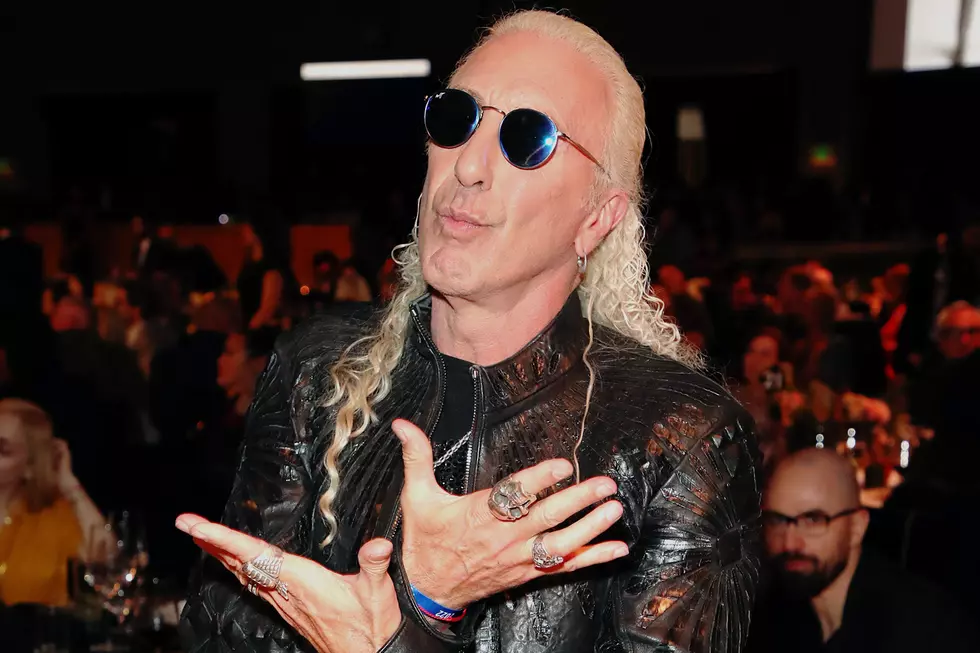
Dee Snider Explains Why Rock Stars Are Selling Their Catalogs
Dee Snider explained why he made the decision to sell his publishing rights in 2015 and said most artists who’ve cut similar deals have done so for similar reasons.
In recent years catalog acquisitions have become big business, with Bruce Springsteen, Fleetwood Mac members and others signing off their catalogs for large settlements, while Queen and Pink Floyd discussions are reportedly underway.
“It’s math!” Snider said in a recent episode of New Theory Podcast. He joked, “And I was told there’d be no math in rock ’n’ roll! ... But when you’re getting your royalty checks every year, and they’re big – I’m in the 50% tax bracket between state [and federal laws] – they're chopping off 50%.”
There’s a difference with a catalog sale because that’s regarded as a property transaction, the Twisted Sister leader noted. “Capital gains on a sale of property is like 15, 20%.” The replacement transaction is known as a “multiple”: “They give you 10 years’ worth of royalties in advance, or whatever that number is. When you do the math, you look at it and you go, ‘OK, I’m gonna save 30% on taxes.’”
You can watch the interview below.
Another consideration was the impossibility of predicting what an artist’s catalog may be worth in the future. “I believe these songs will still have value,” Snider said, adding that the corporation that bought the rights was “taking a chance.”
He added that he “can take this chunk of change and I can invest it and secure it and make it my retirement fund – which I did. So it goes from being a thing that comes in, and you’re getting half of it taken away by the government every six months, to a [deal that’s] guaranteed. ‘OK, I know I can work with this.’ So a lot of people are doing it for just that reason.”
Top 100 '80s Rock Albums
More From KQCL Power 96




![[Watch] Scary Crash Caught by Traffic Cameras in Icy Minnesota](http://townsquare.media/site/719/files/2023/04/attachment-MnDOT-4-16-23-Crash.jpg?w=980&q=75)





